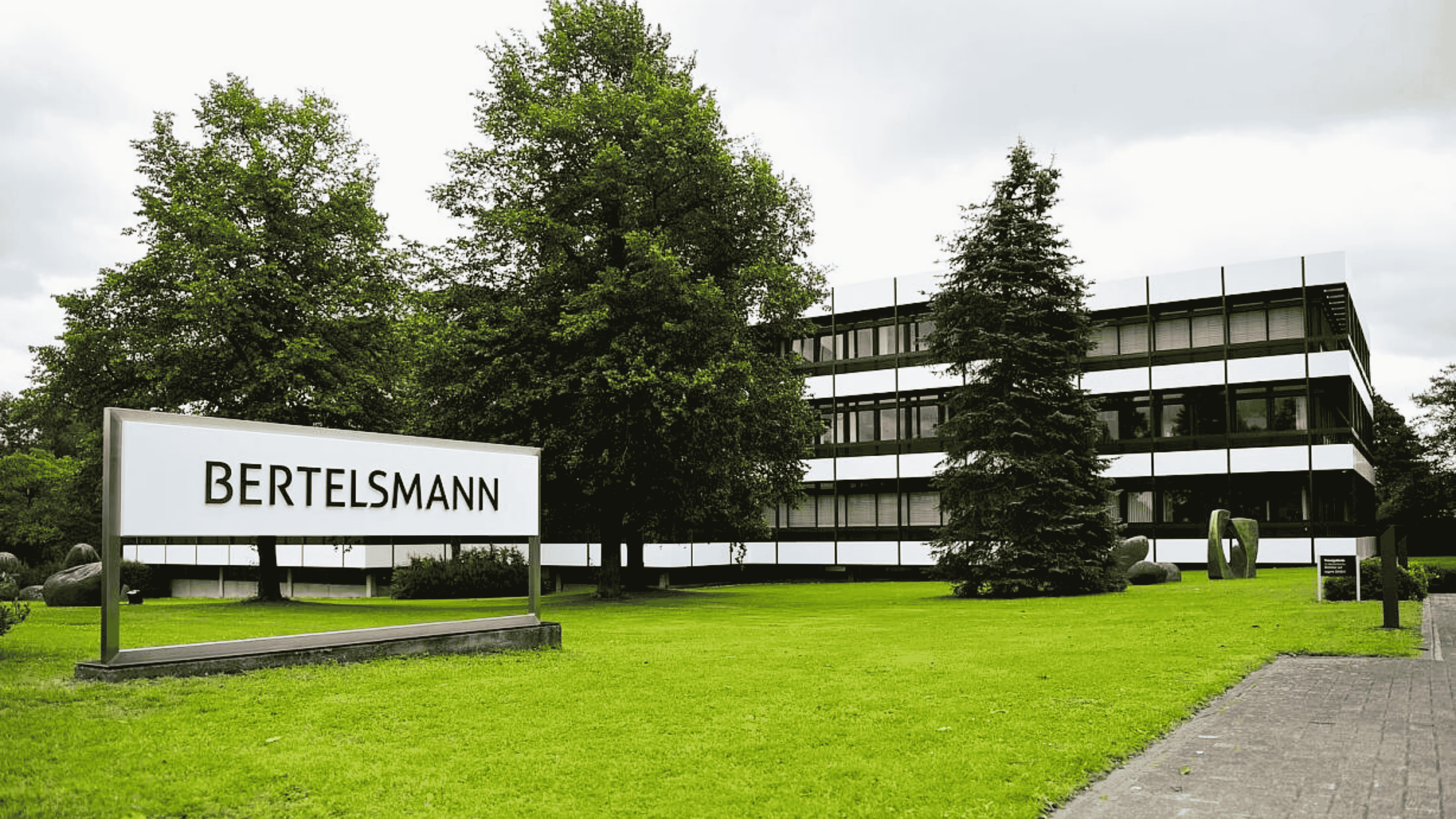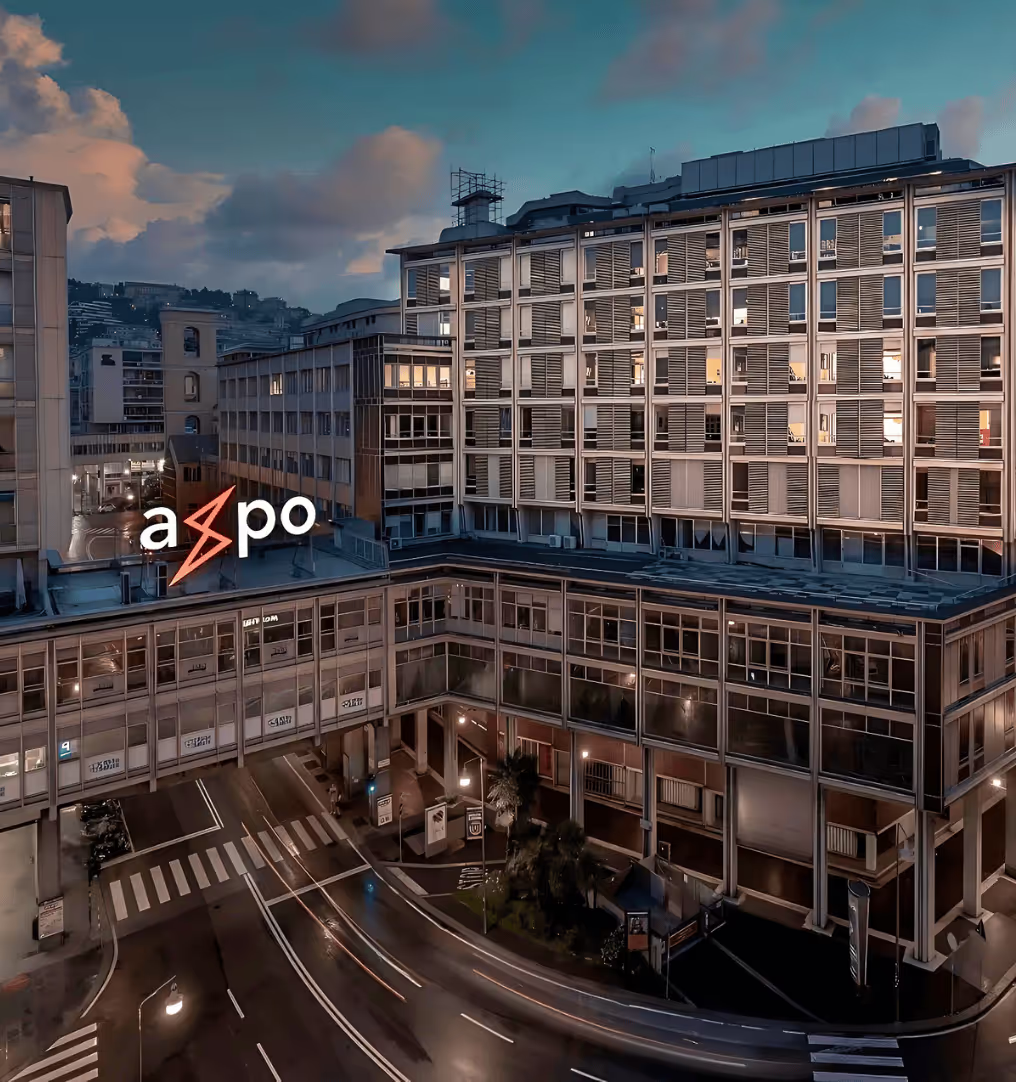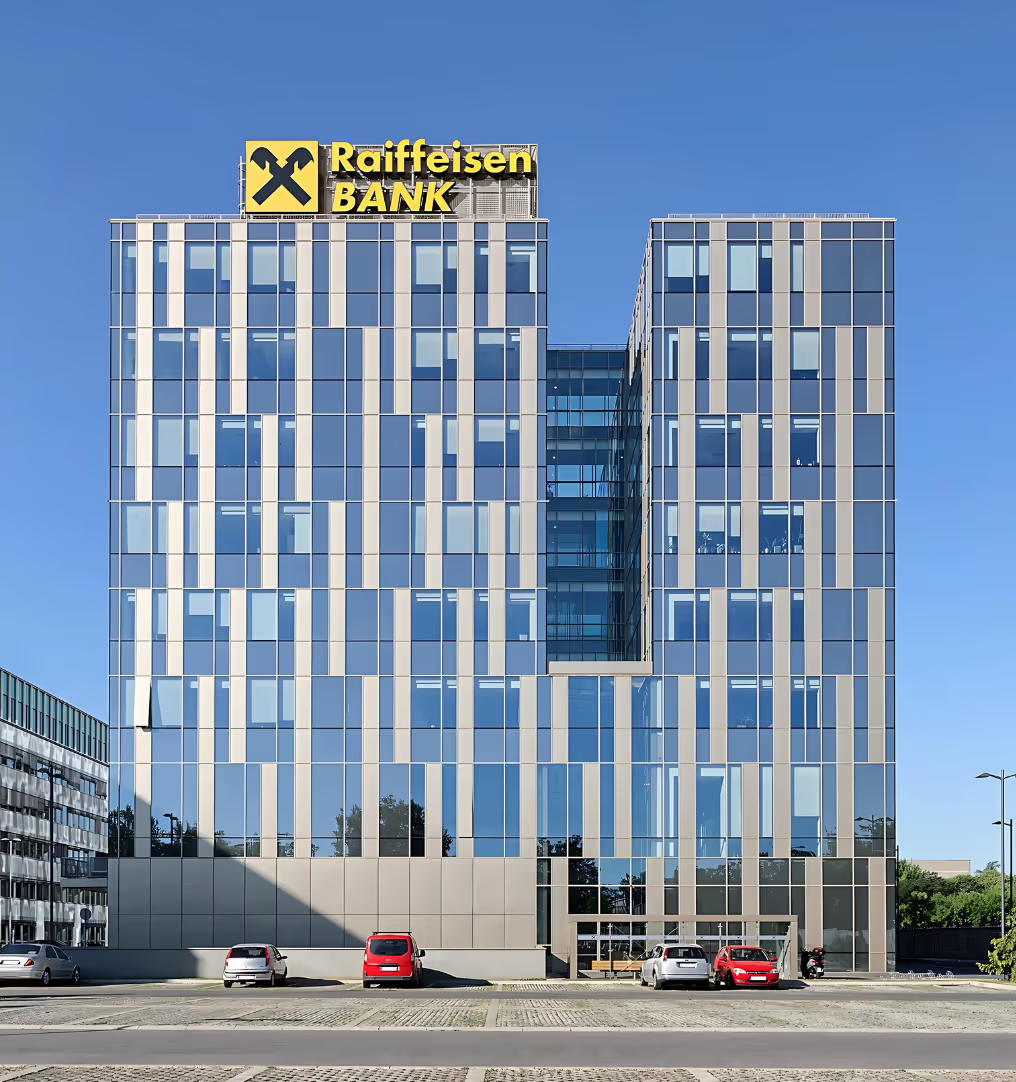How Bertelsmann Unified Procurement Across 7 Divisions to make Procurement Strategic

At a Glance
Headquarters
Industry
Other Technologies
About Bertelsmann
Bertelsmann is a diversified international group with over 74,000 employees in more than 50 countries. Headquartered in Gütersloh, Germany, the company operates through seven autonomous divisions: RTL Group (broadcasting and entertainment), Penguin Random House (publishing), BMG (music), Arvato (services), Bertelsmann Printing Group, Bertelsmann Education Group, and Bertelsmann Investments.
This unique structure allows each division to operate independently, fostering entrepreneurship, innovation, and agility in highly diverse industries such as media, education, and services. The group is guided by long-term values of creativity and entrepreneurship, with a strong commitment to digital transformation and sustainability. Its broad portfolio, combined with a highly decentralized organizational model, makes it one of Europe’s and world's largest and most diverse media and services companies.
.png)
“Our purpose is to deliver value so businesses can focus on their goals... With akiro, procurement becomes a business partner and enables our group to succeed.”
— Dirk Kunz, Head of Group IT Sourcing - Senior VP
The Challenge
Bertelsmann’s decentralized model has long been the foundation of its success. Each division is empowered to act independently, close to its customers, markets, and industries. This entrepreneurial freedom has helped the group thrive across books, music, television, education, and investment. But when it came to procurement, autonomy came at the expense of alignment, transparency, and efficiency.
When the centralized IT sourcing department was established in 2014, the state of procurement was basic. Processes relied almost entirely on Excel spreadsheets, PowerPoint presentations, and email chains. Strategies were scattered across SharePoints, local folders, or individual laptops. Each division had its own way of working, its own templates, and its own priorities.
At first, pooling contracts delivered quick wins. But the reliance on manual tools soon revealed serious flaws. Management could not see strategies or progress. Stakeholders across divisions could not collaborate effectively, leading to duplication and silos. Procurement was forced into a reactive mode, focused on transactions rather than long-term strategy.
“At first, we harvested low-hanging fruit by pooling contracts. But we worked with email and Excel, and that caused a lack of transparency. Sending Excel files around was not effective or professional.”
— Dirk Kunz, Head of Group IT Sourcing - Senior VP
The weaknesses became most visible in IT and software procurement. With more than €250 million in annual spend and strategic suppliers such as SAP and Microsoft, this category required robust, professional strategies. Yet procurement strategies were created in inconsistent formats, with varying quality, and with little opportunity for cross-divisional alignment. The result was inefficiency, weaker supplier leverage, and limited ability to plan proactively.
Beyond operational inefficiencies, the strategic expectations of procurement were growing. Bertelsmann had committed to becoming climate neutral by 2030, making it essential for procurement to integrate sustainability into category strategies. Stakeholders increasingly expected procurement to anticipate risks, shape supplier partnerships, and deliver long-term business value. But with fragmented tools and siloed processes, procurement was not equipped to rise to the challenge.
“We developed strategies in PowerPoint and Excel with milestones, but it wasn’t professional enough. With €250M spend in IT and working with SAP, Microsoft, and other strategic suppliers, we needed transparency and professionalism to be a valuable customer. That’s why we needed something beyond Excel — and we found akiro.”
— Dirk Kunz, Head of Group IT Sourcing - Senior VP
The Solution
Bertelsmann partnered with akiro to professionalize, unify, and future-proof its procurement strategy process. The choice was not about centralizing control, but about introducing a common framework that provided structure, transparency, and collaboration — while preserving flexibility for divisional needs.
The journey began with an interactive onboarding process. As one of akiro’s first customers, Bertelsmann played an active role in shaping the platform. Workshops were held every few days to brainstorm, adapt, and co-develop use cases. Regular check-ins every three weeks focused on new releases, training, and integrations. The process ensured adoption and continuous improvement.
The platform itself introduced several critical capabilities that transformed procurement. Structured yet flexible workflows standardized the way strategies were created across the group. For the first time, procurement teams used consistent, academically grounded methodologies such as the Kraljic Matrix and Porter’s Five Forces. Yet the workflow was not rigid — irrelevant steps could be skipped, allowing teams to tailor the process to the complexity of each category. This balance between structure and flexibility was key to adoption.
A single source of truth replaced the fragmentation of the past. Where strategies had once been scattered across files and SharePoints, akiro provided a central repository accessible across tenants, roles, and divisions. Over 150 stakeholders could access, comment, and collaborate on strategies directly within the platform. For the first time, procurement had full visibility and transparency across the group.
“With akiro we have a standardized process for creating strategies. Before that, everyone created strategies in their own way — still professional, but not standardized. Now everyone follows the same process… This gives us one single point of truth.”
— Leon von Rüden, Strategic IT Buyer
Collaborative transparency was enabled by stakeholder mapping. Procurement could now capture and align inputs from over 150 stakeholders across eight divisions, in a structured and visible way. Collaboration that once took weeks of emails became a streamlined, real-time process.
Beyond structure and collaboration, akiro introduced intelligence and foresight. Scenario modeling allowed procurement to plan for different futures, from market volatility to geopolitical crises. Market intelligence features provided real-time data to inform decisions, while AI Assist supported brainstorming in a secure, procurement-specific environment. Crucially, sustainability targets such as climate neutrality by 2030 could now be integrated directly into procurement strategies.
“Scenario modeling is highly advanced and brings procurement to the next level. We can model different scenarios that might take place — even recent geopolitical crises — which helps us prepare and gain more value.”
— Leon von Rüden, Strategic IT Buyer
Together, these capabilities allowed Bertelsmann to move from tactical, fragmented procurement toward a unified, professional, and future-focused approach — one that respected its decentralized culture while delivering alignment and strategic value.
The Result
The introduction of akiro has reshaped procurement at Bertelsmann from the ground up. What was once a fragmented, tactical function driven by spreadsheets and emails is now a unified, professional, and forward-looking capability. Processes are faster, strategies are deeper, and collaboration has become the norm rather than the exception.
Procurement cycles that used to stretch into weeks of back-and-forth are now handled in guided, transparent workflows that bring stakeholders together from the very beginning. Instead of inconsistent PowerPoints and siloed Excel sheets, strategies are developed with rigor, clarity, and academic frameworks — producing outcomes that are trusted at every level of the organization.
“The akiro platform make strategy creation faster and more detailed. It provides guidelines and questions that make you think more deeply about your market situation and your strategy. This professionalizes the process and improves the quality of strategies.”
— Leon von Rüden, Strategic IT Buyer
Just as important as speed and quality is the cultural transformation. Procurement is no longer seen as a blocker. With stakeholder mapping and transparent access, more than 150 stakeholders across eight divisions can collaborate directly in the platform, contributing to and aligning around strategies. The function is no longer about chasing approvals or clarifying files — it is about co-creating value with the business.
The mindset has shifted from tactical cost-cutting to strategic value delivery. Bertelsmann even stopped reporting savings as a headline KPI, because management trusts that robust strategies naturally deliver them. Instead, procurement is measured by its ability to build resilience, foster innovation, strengthen supplier partnerships, and integrate sustainability — including the group’s 2030 climate neutrality target — into sourcing decisions.
“We stopped reporting savings to management because they know the savings come automatically from having the best strategies in place. Procurement is now recognized as a true business partner: professional, trusted, and future-oriented.”
— Dirk Kunz, Head of Group IT Sourcing - Senior VP
For Bertelsmann, this transformation is not only about operational efficiency; it is about redefining the role of procurement in the business. With Akiro as the foundation, procurement now operates at the highest level of professionalism and collaboration, enabling the group to focus on its core mission: creating, educating, and innovating worldwide.
Ready to Transform Your Procurement Strategy?
There’s a better way to do procurement. This is IT.
.avif)

